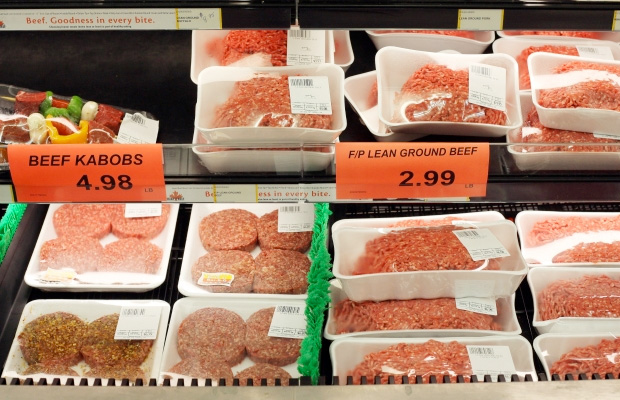Canada has made news recently for allowing food producers to start irradiating ground beef. Even if you do the grocery shopping for your family every week and see the stickers on your food, you may not know exactly what irradiation means.
The idea is to use radioactive material or electricity to kill the bacteria living on your food, which is why beef is one of the foods producers want to irradiate. E. Coli can live on beef and make people sick, and irradiating is an easy way to keep meat bacteria free.
It won't create mutant fruit, but there are some health effects for irradiated food you should know about.

Around the world more than 60 countries use irradiation, but it's still not very common here in North America. Lots of people are scared by the idea of exposing their food to radiation, but it's not much different from running your groceries through an x-ray machine.
Experts say your food should taste the same when it's irradiated, but some people swear they can tell the difference.
It also saps some of the vitamins from your food, but so does keeping them in a freezer, so irradiated foods are about as healthy as any other kind.

It turns out, the biggest difference you'll notice when you buy irradiated food at your grocery store is on your bill. Stores charge you more for the security of knowing your food won't make you sick.
On the other hand, irradiated food lasts longer before going bad, so you won't throw out a bag of brown apples every week.

